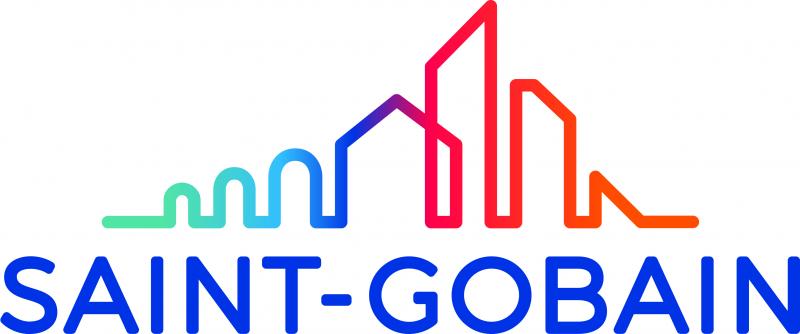New Electrostatic Descriptor for Molecular Recognition Analysis.
| ABG-129732 | Thesis topic | |
| 2025-03-19 | Public funding alone (i.e. government, region, European, international organization research grant) |

- Physics
- Biology
- Chemistry
Topic description
We are seeking a highly motivated and skilled candidate with a master’s degree in physics, molecular modelling, bioinformatics, cheminformatics, or biophysics to join our team as a PhD researcher.
The BioMIMIC team at CRM2 laboratory has integrated a patented descriptor into the MoProSuite software to analyze electrostatic complementarity on the Hirshfeld surface of molecular assemblies. Based on molecular electron density, this tool maps interatomic interactions—whether strong or weak—and determines their favorable or unfavorable nature. Initially developed for analyzing crystal packings, it is also applicable to protein-ligand complexes, providing a score to assess the quality of docking poses.
In this PhD project, a novel and more advanced descriptor, directly linked to the electrostatic energy of intermolecular interactions, will be developed. The PhD researcher will work on its creation and integration into our MoProViewer software, evaluating its effectiveness on both crystal structures and protein-ligand complexes using experimental data.
This research is part of international collaborations, including virtual screening and ligand optimization projects for drug targets, with opportunities for research stays abroad. The approach may also be complemented by machine learning techniques in collaboration with a Parisian laboratory. Ultimately, this functionality will be applied to molecular docking results, including correct and decoy poses, to quantify and compare its performance with other scoring methods used in popular docking software.
The candidate will contribute to the development of new functionalities related to the scoring function in MoProSuite, using the C++ programming language.
Starting date
Funding category
Funding further details
Presentation of host institution and host laboratory
The thesis project will be carried out within the BioMIMIC (Structural Biology, Molecular Interaction Modeling & Crystal Engineering) team of the CRM2 (Magnetic Resonance Crystallography & Modeling) laboratory
in Vandoeuvre-lès-Nancy, CNRS, University of Lorraine.
The team has been developing the MoProSuite software for over a decade, initially dedicated to ultra-high-resolution crystallography, experimental determination of electron density, and the calculation of molecular properties based on the multipole atomic model. The software is widely available to the quantum crystallography community via the website https://crm2.univ-lorraine.fr/en/software/mopro/download-mopro/.
PhD title
Country where you obtained your PhD
Institution awarding doctoral degree
Graduate school
Candidate's profile
We are seeking a highly qualified PhD candidate with a strong academic background, evidenced by exceptional grades at the Master Degree level, in line with the high standards of our PhD program. Applicants must hold a Master’s degree in physics, biophysics, physical chemistry, bioinformatics, or chemoinformatics. Proficiency in computer programming—such as Fortran, Python, or C++—would be highly valued. A solid level of English, both written and spoken, is essential.
Vous avez déjà un compte ?
Nouvel utilisateur ?
Get ABG’s monthly newsletters including news, job offers, grants & fellowships and a selection of relevant events…
Discover our members
 Nokia Bell Labs France
Nokia Bell Labs France  ONERA - The French Aerospace Lab
ONERA - The French Aerospace Lab  PhDOOC
PhDOOC  MabDesign
MabDesign  TotalEnergies
TotalEnergies  Laboratoire National de Métrologie et d'Essais - LNE
Laboratoire National de Métrologie et d'Essais - LNE  ANRT
ANRT  CESI
CESI  MabDesign
MabDesign  CASDEN
CASDEN  Tecknowmetrix
Tecknowmetrix  ASNR - Autorité de sûreté nucléaire et de radioprotection - Siège
ASNR - Autorité de sûreté nucléaire et de radioprotection - Siège  ADEME
ADEME  Institut Sup'biotech de Paris
Institut Sup'biotech de Paris  Groupe AFNOR - Association française de normalisation
Groupe AFNOR - Association française de normalisation  SUEZ
SUEZ  Ifremer
Ifremer  Généthon
Généthon  Aérocentre, Pôle d'excellence régional
Aérocentre, Pôle d'excellence régional






